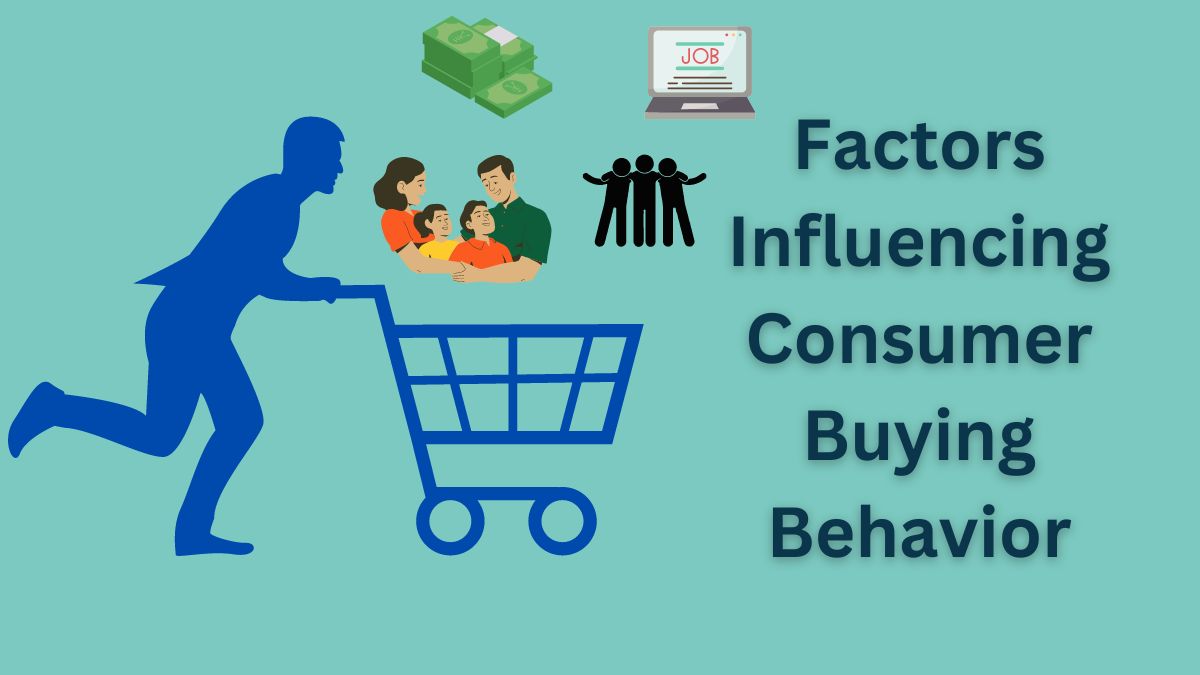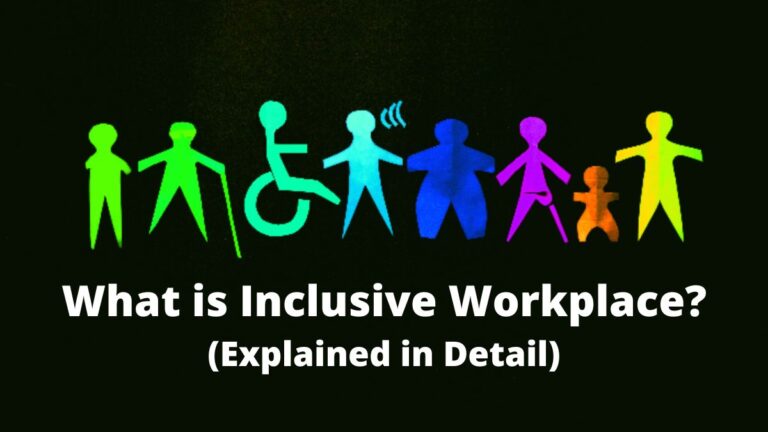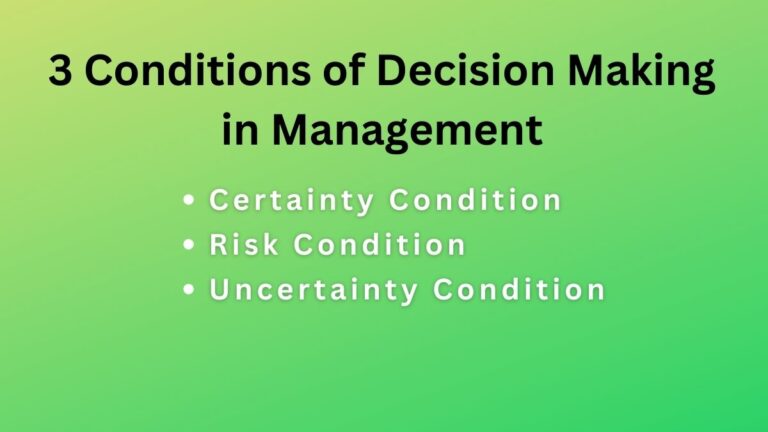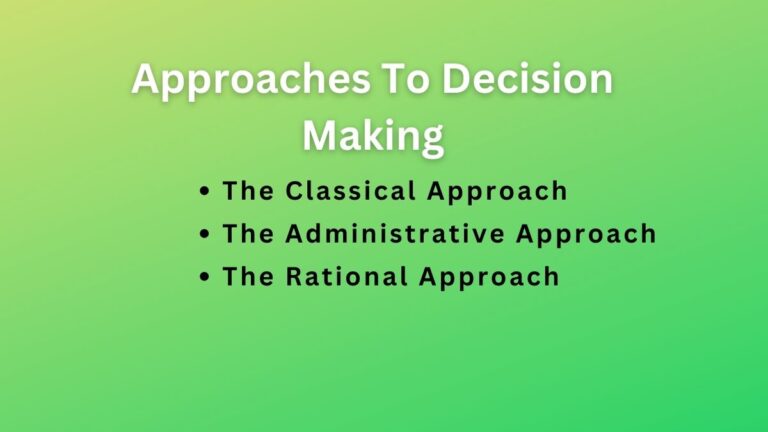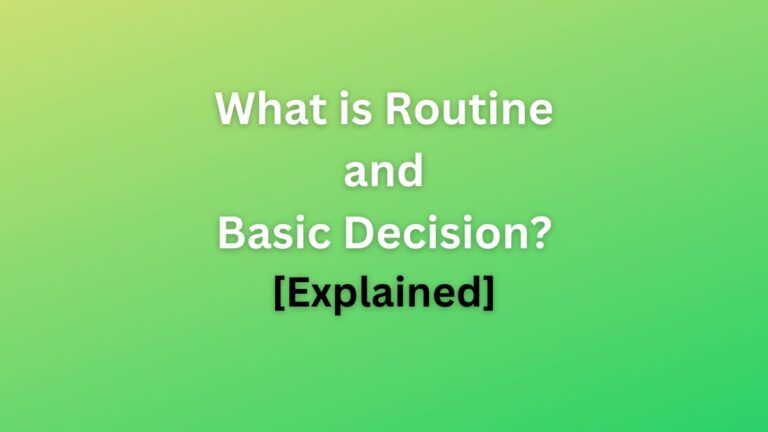5 Major Factors Affecting Consumer Buying Behavior [Explained]
Factors Influencing Consumer Buying Behavior
Consumer behavior refers to any action taken by the consumer before purchasing the product. The behavior consumer shows while buying the product is affected by different factors.
The following are the five main factors (psychological, social, cultural, personal, and economic) that influence consumer buying behavior. Let’s understand them individually.
Psychological Factors
Psychology is the study of human behavior and mind processes. Human psychology has a powerful impact on people’s purchasing decisions. The impact of psychological factors is not measurable, however, it can be understood through consumers’ behavior.
The major psychological factors that influence the consumer buying behavior are mentioned below:
Motivation
Motivation is the force that influences one to take action. The need for the product or service motivates people to take action. Maslow has identified five needs that motivate people physiological, security, social, esteem, and self-actualization needs. These unmet needs influence consumers to take action in order to fulfill them.
Perception
Perception includes activities people acquire the meaning of any object or situation. Every time we see an advertisement, review, comment, or promotion for a product, we create an impression of it. As a result, our perception plays a crucial part in molding our purchasing decisions.
Learning
People never stop learning. Whenever we buy a product, we experience new feelings, and such an experience increases our knowledge. When we are more informed about the product, we are more capable to choose the right product for us.
Read Also: Process of Consumer Buying Behavior
Attitudes and Beliefs
Consumer’s attitude and belief also influence their buying decision. Where attitude is knowledge about something whereas belief means a descriptive thought a person holds about something.
Attitudes lead consumers to behave in a relatively consistent way toward similar objects. Whereas, people’s beliefs make up the product and brand images, and people act on these.
Personality
Personality refers to a person’s distinctive psychological traits that influence reasonably predictable and permanent responses to their environment. Typically, personality is defined in terms of attributes like assertiveness, dominance, autonomy, sociability, adaptability, aggression, conservatism, and defense.
Personality has an influence on consumer buying behavior, based on these traits consumers choose the product.
Social Factors
People are social beings. Different social factors also affect their buying decisions. People try to imitate people in their surroundings and wish to be accepted by society.
As such, consumers buying behavior is also influenced by the people around them. Some of the notable social factors affecting consumer behavior include.
Family
Our buying decision is basically influenced by our family. We are fond of using products our family is using because we have been using them since our childhood.
Also Read: Pestle Analysis
The family can be joint or nuclear. The head of the family has a considerable impact on the buying behavior of other family members. Moreover, the earner of the family has a greater impact or control over the other members since he is the major financer.
Reference Groups
Reference group refers to the people we associate ourselves with them. Reference groups may include family, friends, membership groups, neighbors, etc. Members of the reference group have similar attitudes, beliefs, and values and they influence each other behavior.
Roles and Status
Roles and status people hold in society also influence their purchasing patterns. For example, an officer may prefer to buy attractive and formal clothes whereas a daily worker may choose to buy simple and cheap ones.
Opinion Leaders
Opinion leaders are the individuals who lead certain reference groups. They possess the quality to influence others in a given situation that may be when they are buying products or making other decisions.
Cultural Factors
Cultural factors also influence consumer buying decisions. People are bound by the cultural values and ideologies of their community. What product to buy and what not is also really influenced by cultural factors.
For example, in Indian culture people worship Cows, and they will strongly raise their voices if anyone tries to sell them cow beef. However, it may be normal in other countries. Some of the cultural factors include.
Culture
Culture is the entirety of human knowledge, beliefs, art, morals, laws, conventions, and religion, as well as any other skills and routines that people have developed over the course of their social lives. Each of these groups consumes in a manner that is very different from the others.
Subculture
It is a group of people within a cultural group. They have similar values, beliefs, norms, and cultural patterns that set them apart from the larger society. They even form a market segment aside from the larger society. As such, their purchasing pattern also differs from the larger market segments.
Social Class
In society, social classes are formed because of the differences in income. Each social class has different lifestyles so the purchasing behaviors. Each society has three social classes.
- Upper Class – They have a high income, high purchasing power, and live luxurious lives.
- Middle Class – They have a medium level of income and live a normal life.
- Lower Class – They are very low-income class people and their purchasing power is also low.
Economic Factors
A nation’s economy also influences the buying decisions of customers. In an economy that is prosperous and provides high-paying jobs, people of such economy will have high purchasing powers. The following are some economic factors consumers are affected by.
Personal Income
It is commonly said that when the personal income of a person is high, he normally has high purchasing power, willingness to purchase, and spends more money.
People may have two types of income – disposable income and discretionary income. People first spend their disposable incomes on basic items like food, clothes, shelter, etc. Whereas, when there is a rise in discretionary income people spend on their interests and comforts.
Family Income
The income of our family members also influences our buying decisions. Family income is the sum of all family members’ income. When there is an increase in family earnings, people also wish to enjoy and buy more things besides basic necessities.
Liquid Assets
As the name suggests, liquid assets are those assets that can be easily converted into cash. Liquid assets include such as cash in hand, bank balance, shares, government bonds, mutual funds, etc. These assets also have an impact on buyers purchasing decisions.
Credit Facility
When there is a credit facility, consumers also tend to buy more. Consumers can now easily obtain credit from sellers through the use of credit cards, flexible payment plans, bank loans, hire purchases, and numerous other credit options.
Savings
Savings also affect consumers buying decisions. For example, if he increases his saving he may purchase less, and if he reduces the saving his purchasing will be increased.
Read Also: What is Marketing Mix?
Personal Factors
In addition, psychological, economic, cultural, and social, consumer personal factors are influencing their buying behavior. These factors vary from person to person. These personal factors include age, sex, marital status, occupation, lifestyle, etc.
Age
The buying choices of people also largely depend upon the age they belong. The buying choices of young people and old age people will be totally different. The differences will be found between the purchasing of school teens and college students.
Gender
It is obvious that a woman’s buying choices will be different from men’s and vice versa. As such, gender also affects the buying choices of consumers.
Income
Income is one of the major factors that influence an individual’s buying choices. If he is earning more he will spend more and less when the situation is the opposite.
The Expectation of Future Income
If the consumer currently has insufficient balance to purchase a product, he will purchase it if he is sure that his income will be higher in the future. Because of such expectations, people also buy products on credit.
Occupation
The consumer’s profession affects their purchasing decisions. A person usually purchases items that are suitable for his or her line of work. For instance, a top corporate executive would typically purchase formal attire, whereas a creative designer would typically spend money on informal attire.
Lifestyle
Last but not least, the lifestyle of a consumer is also an important factor influencing consumer buying behavior. An individual who daily goes to the gym will buy healthy products. A person who chooses to show off will buy attractive, new, and luxurious products.
Read Next: Factors Influencing Business Buying Behavior
Sajan Kushmi is a content writer with more than 4 years of experience. He holds BIM Degree. He write on the topics related to Management, Marketing, and Entrepreneurship.
